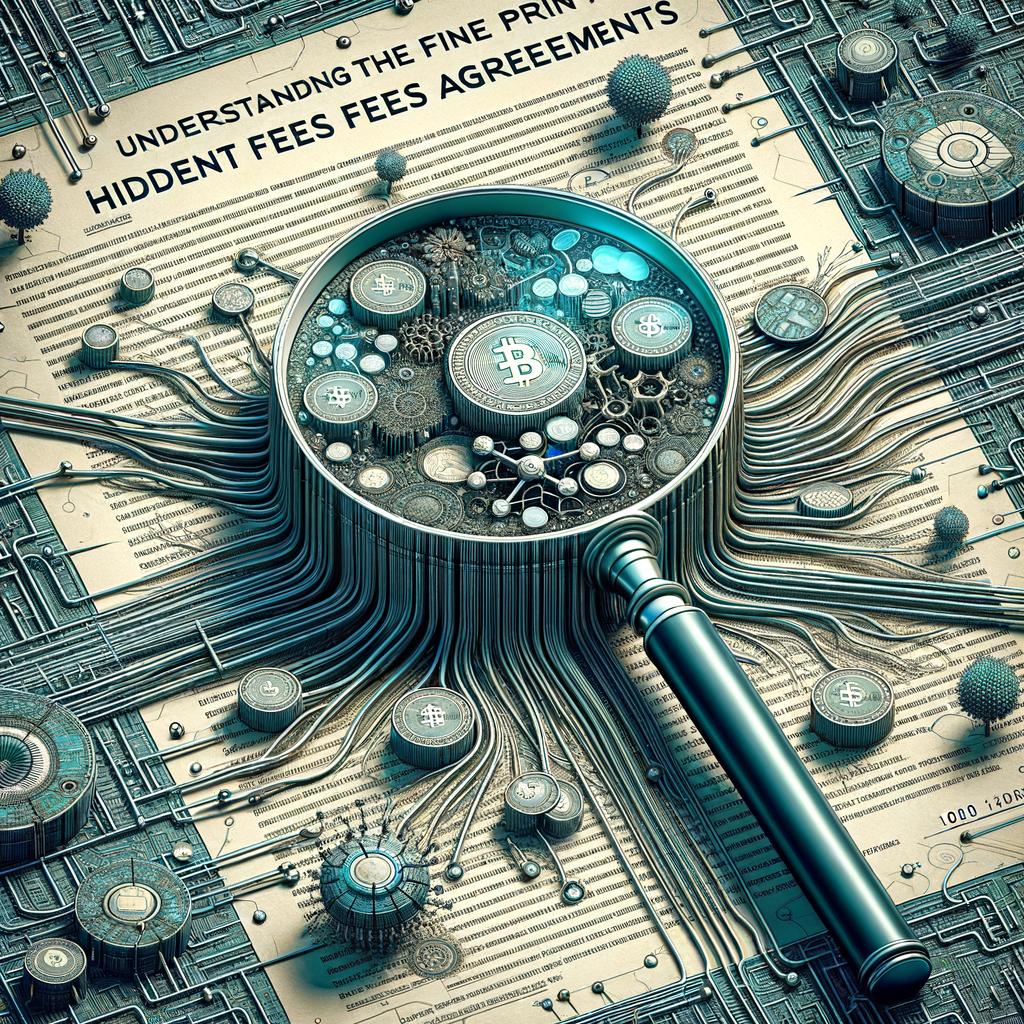Let’s face it, nobody likes reading the fine print. It’s like trying to decipher an ancient language filled with jargon and legal mumbo jumbo. But when it comes to payment processing agreements, taking the time to understand the fine print can save you from getting hit with unexpected fees.
Hidden fees are the bane of every business owner’s existence. You sign up for a payment processing service thinking you’re getting a great deal, only to be blindsided by a slew of charges that you didn’t even know existed. That’s why it’s crucial to dig deep into the fine print before signing on the dotted line.
One common hidden fee to watch out for is the PCI compliance fee. This fee is charged by payment processors to cover the costs of ensuring that your business is compliant with the Payment Card Industry Data Security Standard (PCI DSS). While it’s essential to protect your customers’ data, some processors will sneak in hefty fees for this service without clearly disclosing it upfront.
Another sneaky fee to be aware of is the chargeback fee. Chargebacks occur when a customer disputes a transaction, and the processor charges you a fee for handling the dispute. Some processors will tack on additional fees for chargebacks, so make sure you know exactly what you’re getting into before signing any agreements.
And let’s not forget about the dreaded early termination fee. Some processors will try to lock you into a long-term contract and charge you exorbitant fees if you try to cancel before the contract term is up. Make sure to read the fine print carefully to avoid getting stuck in a costly agreement.
So, how can you protect yourself from hidden fees in payment processing agreements? The key is to read the fine print carefully, ask questions if something isn’t clear, and negotiate any fees that seem unreasonable. By taking the time to understand the fine print, you can avoid getting blindsided by hidden fees and keep your hard-earned money where it belongs – in your pocket.

